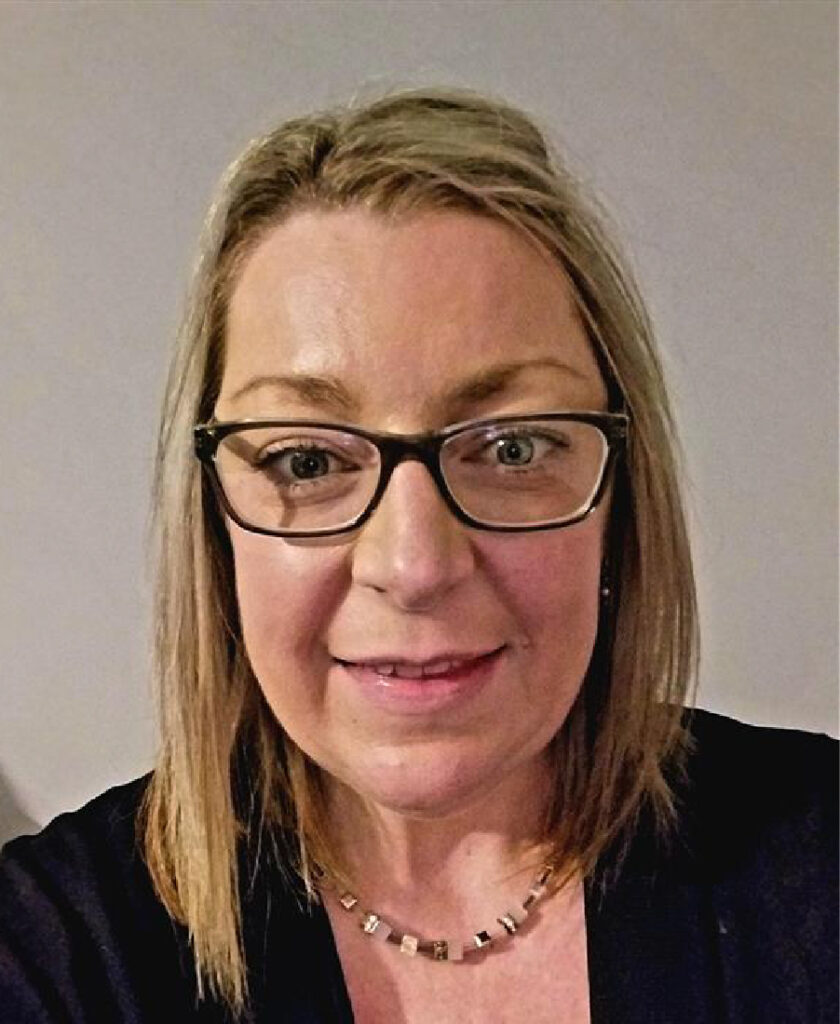Independent medical agency regulation blog: July 2025
Regulatory change will help strengthen patient safety – Laura Boyce, Chief Inspector of Regulation, Healthcare Improvement Scotland.
Changes have been made to the regulation of independent healthcare services in Scotland to ensure that healthcare provision, that takes place outside of a traditional hospital or clinic, is regulated. Laura Boyce, Chief Inspector of Regulation at Healthcare Improvement Scotland, looks at what that means for the sector and outlines why it’s a step forward.
Increasingly in the modern digital age we can engage with services via the internet and have a product delivered to us at home or engage by a text message or video call, and healthcare is no different.
Last year the Scottish Government commenced the regulation of independent medical agencies (IMA) to bring into regulation a range of private healthcare services that are not provided from a permanent address. This is a major step forward for Scotland, which significantly enhances the patient and public safety agenda for the nation.

“This in an important step forward in the regulation of independent healthcare in Scotland. While online services provide a range of benefits for both patients and providers, they can be open to exploitation from individuals trying dodge the governance in place in conventional healthcare services to access medication or treatments that they would otherwise potentially not be able to obtain”
Chief Inspector of Regulation, Healthcare Improvement Scotland
What is an independent medical agency (IMA)?
In general, an IMA is any service that is provided by a doctor, dentist, nurse, midwife, dentist, pharmacist, dental care professional or pharmacy technician, that is not in a hospital, an independent clinic or care that is provided as part of the NHS. There are other exceptions, and you can find these on our website.
My team at Healthcare Improvement Scotland has worked hard to establish what exactly is or is not an IMA. It has taken considerably more time and effort, as well as consultation with our senior lawyers, to establish the limits of the definition, than was anticipated. However, we are now confident that online healthcare services are an IMA and we have the arrangements in place for these types of service to start the registration process with us.
There are other types of services that may be an IMA, such as where a clinician moves from one premises to another to provide a service, uses premises on a temporary basis or uses an adapted vehicle as a clinic. If you fall into these categories, please watch out for further communication from us to let you know if or when you need to apply to register. We have developed a number of scenarios to help illustrate our current understanding of what is and is not an IMA, these are available on our website.
Why this is an important step forward
This in an important step forward in the regulation of independent healthcare in Scotland. While online services provide a range of benefits for both patients and providers, they can be open to exploitation from individuals trying dodge the governance in place in conventional healthcare services to access medication or treatments that they would otherwise potentially not be able to obtain. It also creates opportunities for vulnerable people in our communities to be exploited.
I am pleased to be able to work with the providers in the sector to ensure high quality care and support them on their improvement journey. Protecting the safety of everyone who uses regulated private healthcare services is a top priority.
Our advice if you are unsure what to do
I appreciate that there may be some providers that are concerned that they may not yet be registered as am IMA. My advice would be to get in touch with us. Our position, as the enforcing authority, is that if you are engaging with us and we are aware of you and your intention to register, we are not required to and do not propose to take any enforcement action in respect of unregistered IMA for now. However, this position will change in the future as we get clarity on the scope of the definition.
There is a range of guidance and documentation on the HIS website that will support any provider that needs to start an application to register a service. I am aware that much of this is focussed on general requirements or the types of services that have been regulated up until now. Much of this will apply to IMAs and as we progress, and where appropriate, we will add more information specifically to support IMAs.
Our focus has been, and will continue to be, on making sure that services meet all the requirements needed to provide as safe a patient experience as possible.
Laura Boyce is an Associate Director for Quality Assurance and Regulation and the Chief Inspector for Regulation at HIS.
More information
